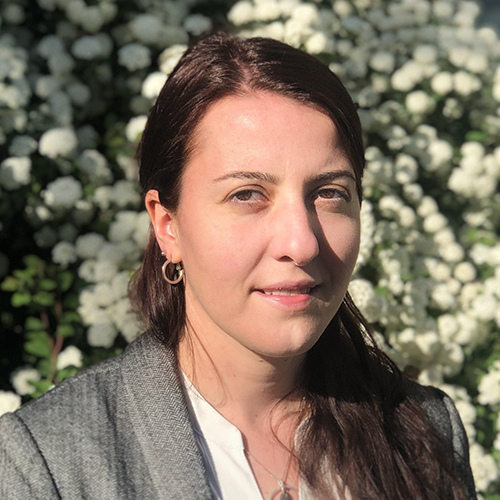Cette publication est également disponible en :
![]() Français
Français


UNIL researcher Selin Yilmaz is collaborating on the implementation of a pilot project for local electricity communities (LECs).
In various test in municipalities in Switzerland, citizens will join forces to produce, sell, and consume local renewable energy, using the public distribution network.The acceptance of the Electricity Law in Switzerland on June 9th has allowed the project to take off.
In order to move away from fossil fuels and drastically reduce its dependence on foreign energy supplies, Switzerland will massively increase its production of renewable electricity. This was approved by the public on June 9th, during the vote on the Electricity Law. In addition to the development of solar, wind, and hydroelectric installations, the law specifically includes the creation of local electricity communities (LECs).
LECs offer each citizen within a municipality the opportunity to produce, sell, and consume renewable electricity at an attractive price to their neighbours, in a local and autonomous manner. For the first time, they will be able to use the public distribution network for this purpose.
This system will soon be tested in several municipalities in French-speaking Switzerland. This action is a sub-project of the Sweet-Lantern program, funded by the Federal Office of Energy (SFOE), which aims to establish a network of living labs throughout Switzerland.
Efficiency and Sobriety
Specialising in the governance of energy transformations at UNIL, Selin Yilmaz is involved in these operations. She will take care of the sociological aspect of the experiment. This will involve conducting co-creation and support workshops, analyzing and measuring the societal impacts of the approach, and promoting participants’ engagement in the project. “There is currently a gap between the available technologies and the low rate of acceptance and use of these devices. Integrating citizens into the energy market, informing them of the benefits, social and technological developments, is very important for building a sustainable future,” explains the scientist.
Thanks to smart meters and interfaces that allow the real-time tracking of energy flows and billing, members of the LEC will be able to optimize their resource use and profits by favouring consumption periods as well as overall sufficiency. “Solar energy, for example, is inherently intermittent, causing peaks and troughs in production. Creating dynamic online pricing encourages consumption at the most opportune times and helps to limit these fluctuations,” explains the researcher.
At the end of these pilot studies, a guide should be developed to transpose these structures to other localities. “Just as we favor local foods and products, we could imagine a future where we prioritize local production and consumption, with attractive rates and control over the entire production chain,” says Selin Yilmaz. “Recent events in Ukraine and Russia have shown us that Switzerland is currently too easily destabilized. Local production and the development of energy strategies are essential for the country’s independence.”
Sweet-Lantern
Sweet (SWiss Energy research for the Energy Transition) – Lantern (Living Labs Interfaces for Energy Transition)
The Sweet-Lantern project is a funding program by the Federal Office of Energy (SFOE). Its goal is to accelerate innovations that are essential for the implementation of Switzerland’s Energy Strategy 2050 and the achievement of the country’s climate objectives. Coordinated by HES-SO Valais-Wallis, it brings together a broad consortium of universities, universities of applied sciences, municipalities, and companies.
With a budget of 10 million francs, the program will run for 8 years (2022-2030). At UNIL, Selin Yilmaz is tasked with establishing, through pilot projects, implementation processes for energy cooperation networks that can be applied to various localities. She will also study human-technology interactions, user resilience, for example, and their impact on data collection and network optimization.
Leave a Reply